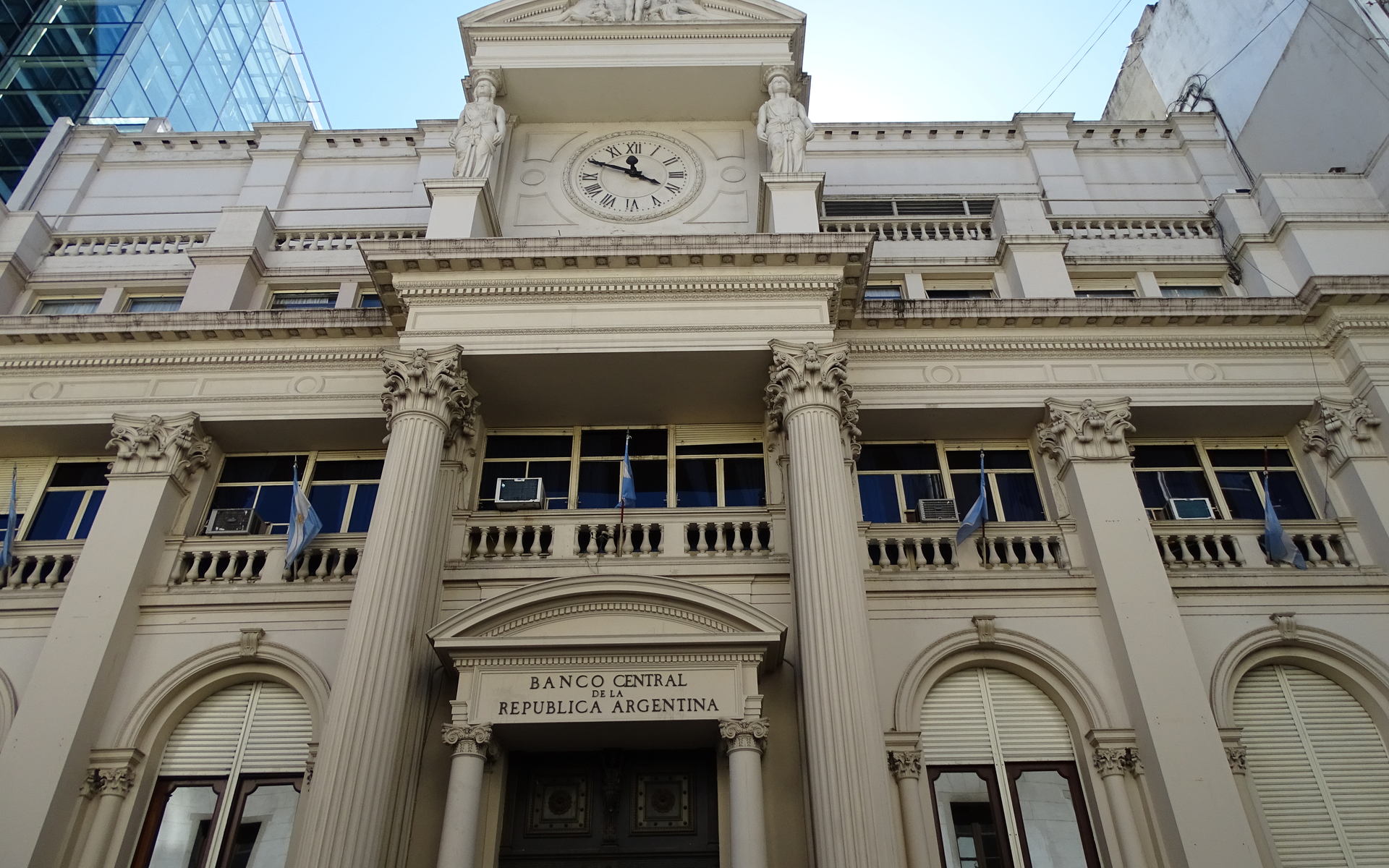RIO DE JANEIRO, BRAZIL – With the agreement with the IMF delayed and few certainties on the horizon, Argentina faces a critical first quarter: with net reserves of around US$2.5 billion and maturities for US$3.9 billion between now and March, the Government enters discount time to obtain foreign currency and shorten the time with the multilateral organization.
According to the consulting firm EcoGo, 2021 closed with net reserves, which the Central Bank can effectively use, for US$2.4 billion.
During the year, despite the US$5 billion bought in the Single and Free Exchange Market (MULC) and the US$4.217 billion entered by the issuance of SDRs by the Monetary Fund, “gross reserves had no changes while net reserves ended around US$2.4 billion, below the end of 2021”.

Thus, reserves weakened even though settlements from the field totaled US$33 billion, 60% more than in 2020.
In a context of uncertainty -with the blue dollar at ARS208, the gap exceeded 100% in 2021-, the extra dollars that came in went to pay debts, to increase imports, and to supply the market demand to prevent the official dollar from escaping and putting even more pressure on prices.
In 2021, the official exchange rate increased by 22%, with an estimated inflation rate of 50%.
The dollar closest to the evolution of the consumer price index (CPI) was cash, bringing foreign currency out of the country, which increased by 44% in the year.
The financial dollar segment, in particular, was one of the channels through which foreign currency reached the Central Bank, which allocated US$2.6 billion to intervene in this segment rather than confirming higher prices.
“The exchange delay, the postponement of the agreement with the IMF, the official intervention in financial dollars and the amplification of the dollar spread caused the BCRA to end the year with a critical level of reserves”, says economist Nery Persichini from the consulting firm GMA Capital.
“Net reserves stand at just US$2.6 billion (excluding SDRs), being this amount the lowest since 2016. Not even the arrival of SDRs in September (US$4.3 billion) could cut the bleeding of reserves in recent months.”
After the defeat of November 14, the Central Bank closed the tap of financial dollars and started to take more care of dollars to put itself more in range of the IMF’s pretensions to reach an agreement.
EcoGo reviews the measures taken by the Government in December to align itself with Kristalina Georgieva.
The crawling peg -the daily correction of the exchange rate- was accelerated, restrictions for importers to access the MULC were reduced, measures were taken to take care of tax revenues in 2022 -such as the new law on Personal Property and the Fiscal Consensus with the provinces- and it was announced that the increase in tariffs would move forward.
“The doubt that arises is whether these measures will be enough to close an agreement with the IMF quickly or if once again, as in 2014 when we tried to return to the market but could not because of Judge Griesa’s ruling in favor of the holdouts, we are left without bread and cake and procrastination is costly for not arriving with enough time”, states the consulting firm headed by Marina Dal Poggetto.
“Procrastinating means continuing to lose dollars”, agrees Persichini. In the first quarter of the year, Argentina should disburse US$3.9 billion, “an amount that it does not have when looking at net reserves”.
The first of these maturities are due on Friday, January 7, when the country must cover a US$700 million payment for an interest coupon on the debt in dollars.
Most of the maturities are debts with the IMF, so if the agreement is successful -analysts see chances of closing a fair negotiation with a limited reduction of the public deficit- part of those payments could be postponed.
“The countdown is 70 days until the second week of March”, says economist Jorge Vasconcelo.
With information from Clarin

